The 1970s marked a revolutionary era when women stepped boldly into leadership roles, challenging systems that had long silenced their voices. From politics to sports, literature to activism, these remarkable women refused to accept the status quo. Their courage sparked movements that continue to inspire us today, proving that determination and vision can truly change the world.
1. Gloria Steinem
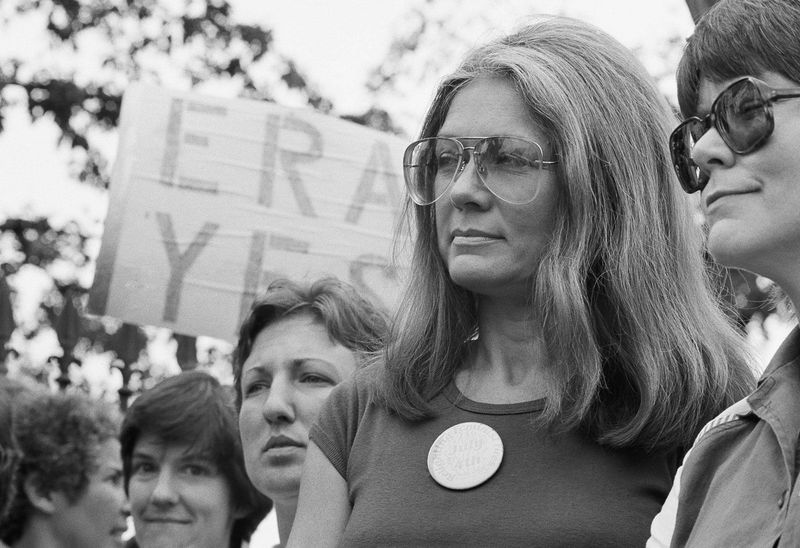
With her iconic aviator glasses and straightforward style, Gloria Steinem transformed women’s media forever. When she co-founded Ms. Magazine in 1972, she created more than just a publication – she built a revolutionary platform where women could finally see their lived experiences reflected in print. Her investigative journalism exposed everything from the exploitation of Playboy bunnies to workplace discrimination.
As she traveled across America, Steinem connected with women from all walks of life, amplifying voices that society had ignored. Her famous quote, “A woman without a man is like a fish without a bicycle,” captured her spirited challenge to outdated gender expectations that still resonates today.
2. Angela Davis
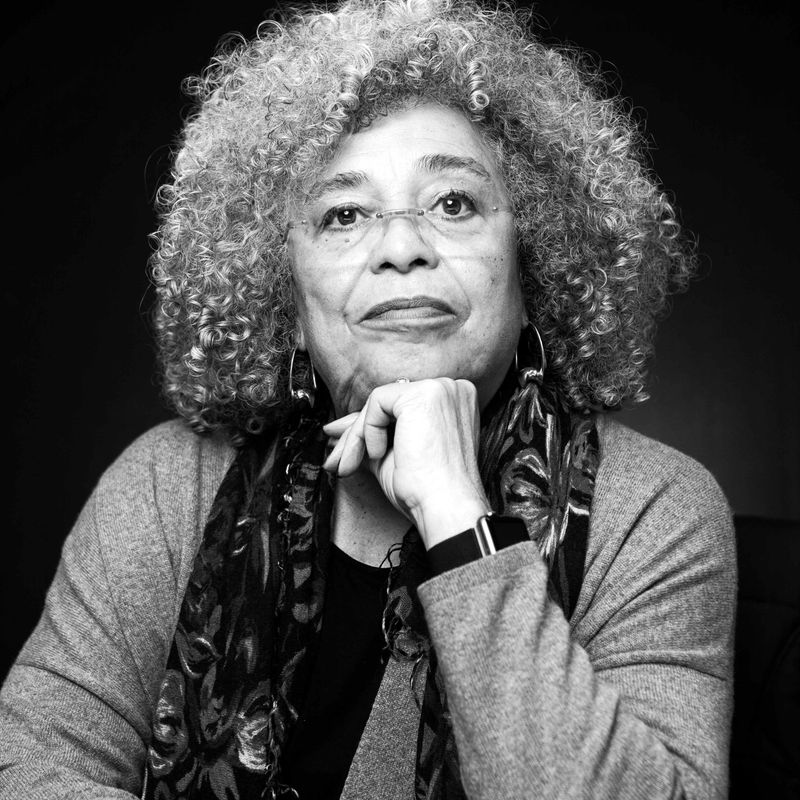
Recognized worldwide by her magnificent afro and unwavering gaze, Angela Davis became a powerful symbol of resistance against systemic oppression. Her arrest in 1970 sparked an international “Free Angela Davis” movement that united activists across continents.
Armed with brilliant intellect and radical courage, Davis connected the dots between racism, capitalism, and gender oppression long before intersectionality became a mainstream concept. Her scholarly work challenged the prison-industrial complex while advocating for those society had discarded. Despite facing imprisonment herself, she emerged stronger, dedicating her life to dismantling the very systems that had targeted her.
3. Jane Fonda
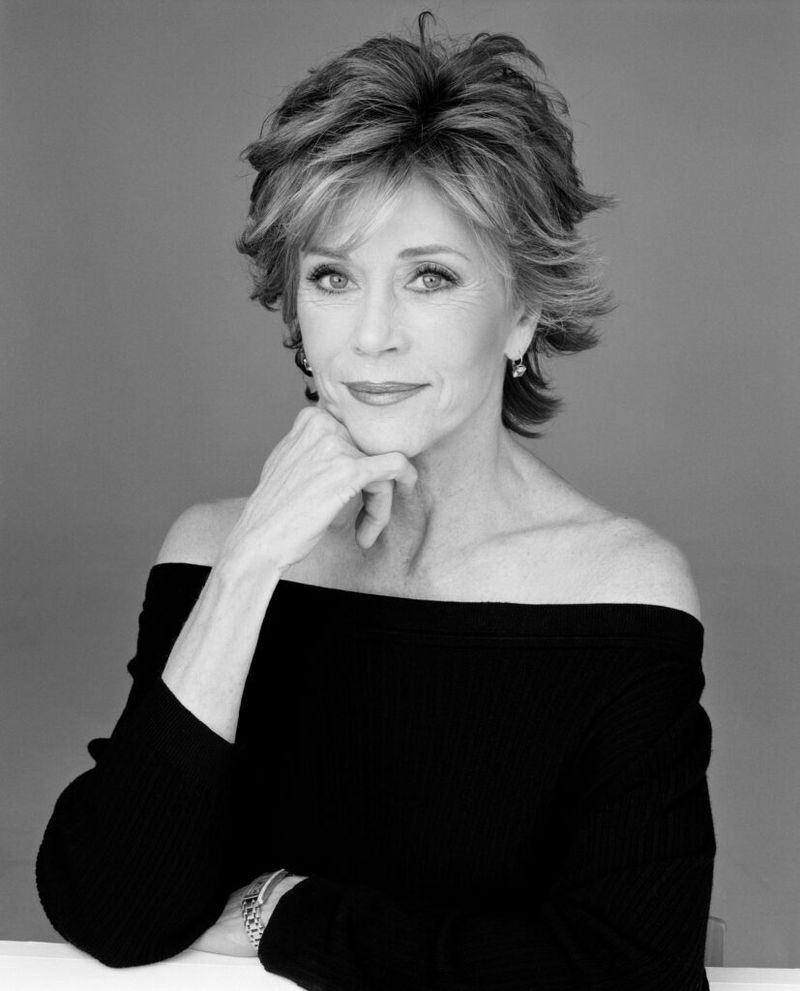
From exercise videos to Oscar-winning performances, Jane Fonda was already a household name when she shocked America by speaking out against the Vietnam War. Her controversial trip to Hanoi in 1972 earned her the nickname “Hanoi Jane” and the fury of many Americans, yet she remained steadfast in her convictions. Fonda used her celebrity platform to amplify voices rarely heard in mainstream media.
She brought attention to veterans against the war, environmental destruction, and indigenous rights when such advocacy could destroy careers. “You don’t become an activist because you want to; you become an activist because you have to,” she once explained about her transformation.
4. Billie Jean King
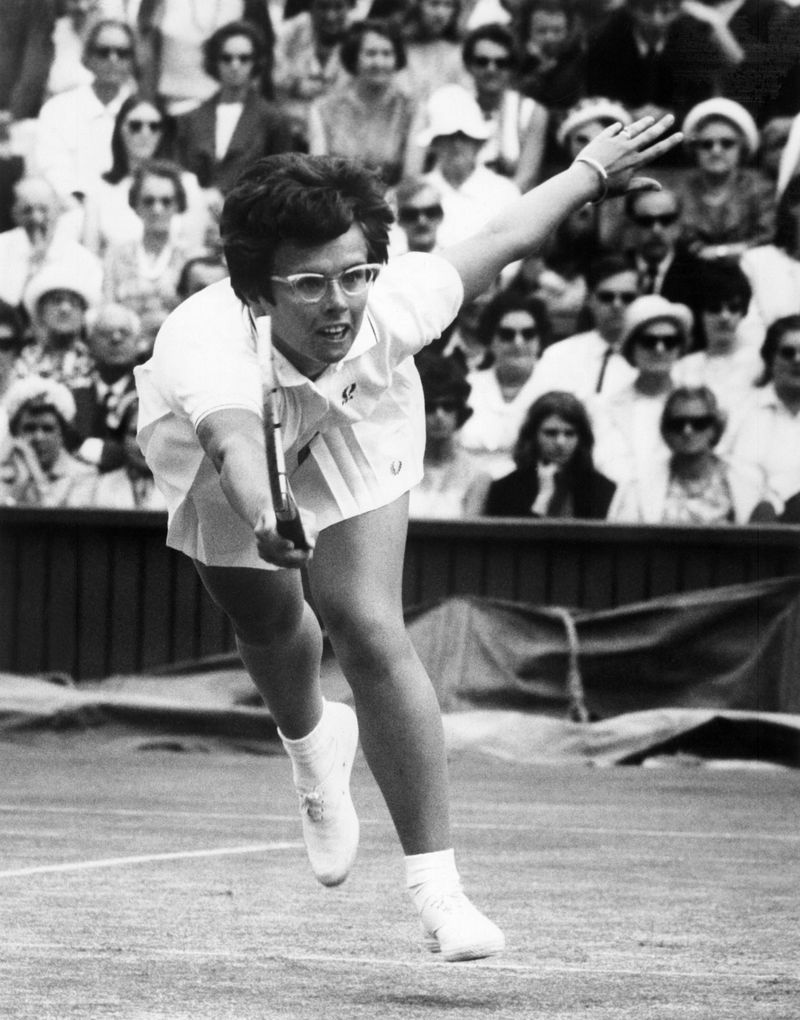
Tennis racket in hand and determination in her heart, Billie Jean King changed sports forever when she defeated Bobby Riggs in the legendary 1973 match. 90 million viewers watched as she shattered the myth of male athletic superiority in three straight sets. Off the court, her advocacy was equally powerful. When tournament organizers offered women players a fraction of men’s prize money, King refused to accept the status quo.
She founded the Women’s Tennis Association and fought tirelessly for equal pay. “Pressure is a privilege,” she famously said, embracing her role as both champion athlete and champion for women’s rights.
5. Indira Gandhi
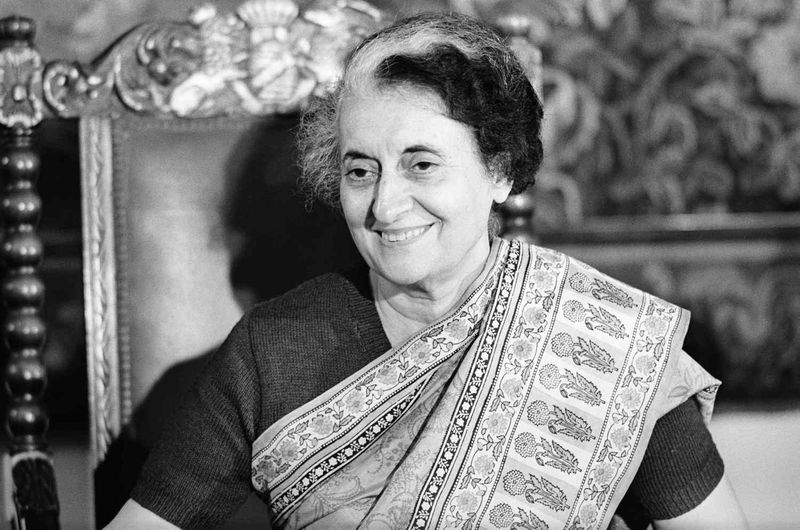
Standing just five feet tall but commanding global respect, Indira Gandhi led the world’s largest democracy during turbulent times. As India’s first and only female Prime Minister, she navigated complex international relations during the Cold War while implementing sweeping domestic reforms. Her leadership during the Bangladesh Liberation War demonstrated her diplomatic prowess on the world stage.
At home, she introduced programs to combat poverty and promote self-sufficiency in a nation still finding its post-colonial identity. Though her controversial state of emergency period raised serious concerns about civil liberties, her impact as a pioneering female leader in a deeply patriarchal society remains undeniable.
6. Maya Angelou
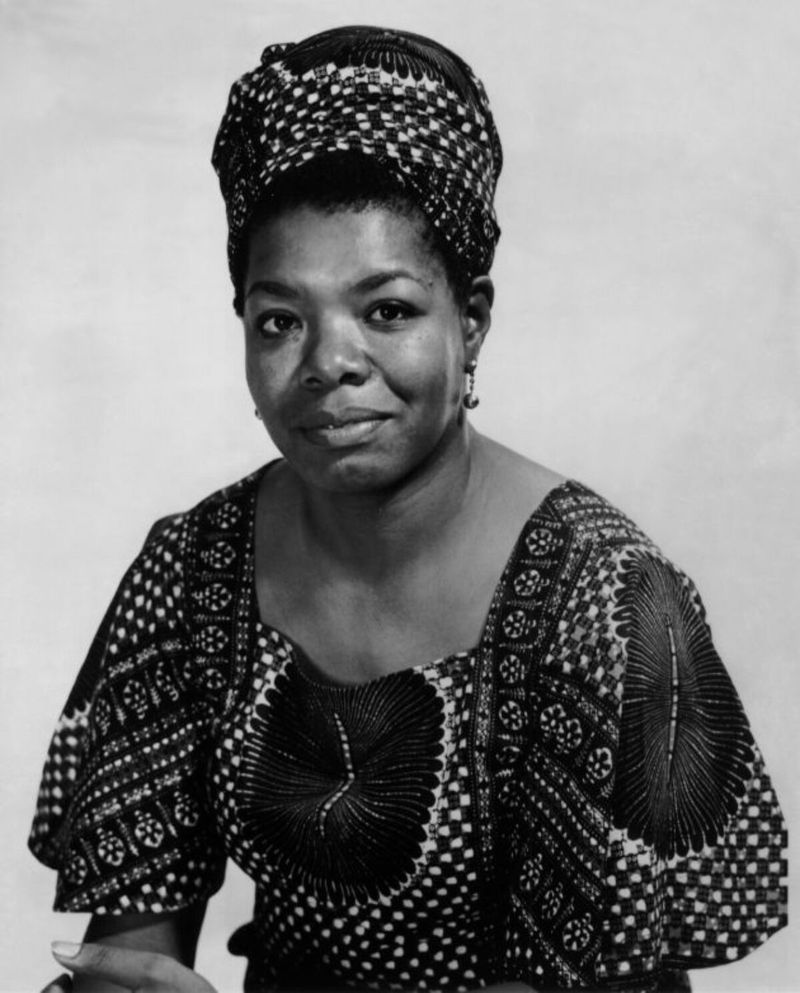
“I Know Why the Caged Bird Sings” soared from the page to become the anthem of a generation seeking to understand America’s painful racial history. Maya Angelou’s rich, melodic voice carried her powerful words from Harlem Renaissance gatherings to presidential inaugurations. Her unflinching memoir broke silence about abuse and racism when such topics remained taboo in literature.
As the 1970s progressed, Angelou emerged not just as a writer but as a sage whose wisdom transcended boundaries of race and gender. Through her poetry, she transformed personal pain into universal hope: “You may encounter many defeats, but you must not be defeated.”
7. Coretta Scott King
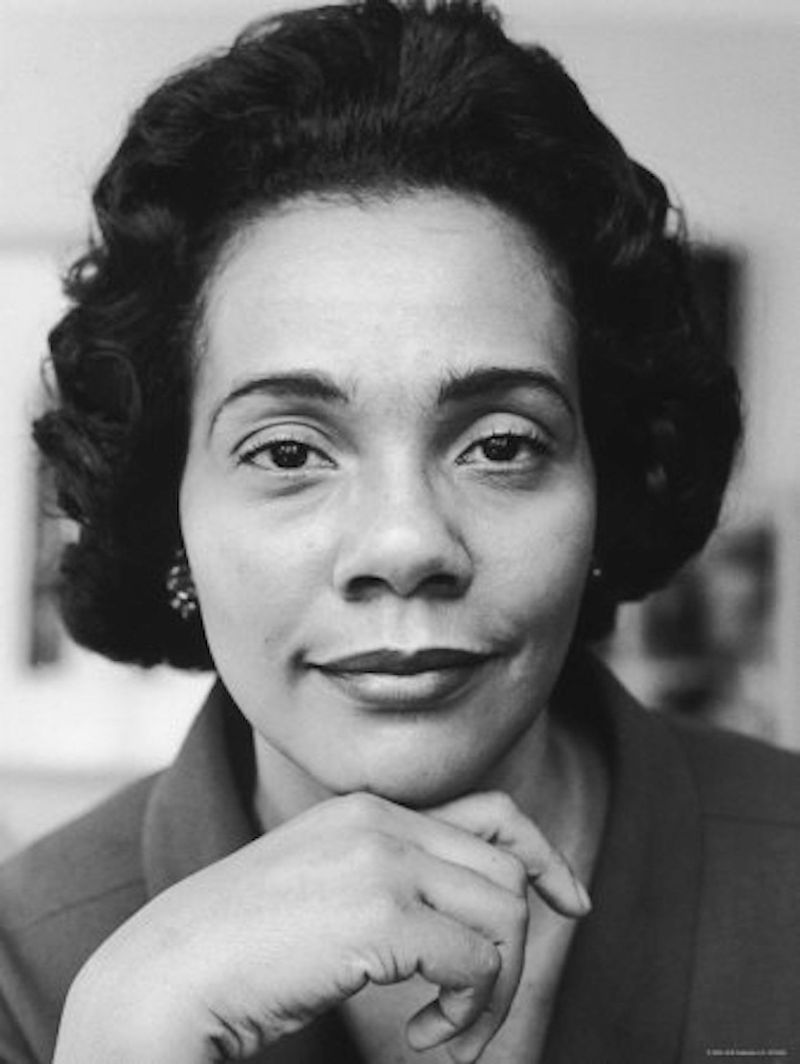
Many expected Coretta Scott King to retreat into quiet widowhood after Martin Luther King Jr.’s assassination. Instead, she stepped forward with quiet strength to continue the movement they had built together. Throughout the 1970s, she fought to establish her husband’s birthday as a national holiday while expanding her activism into new territories.
She boldly connected civil rights to women’s rights, LGBT equality, and anti-war efforts when such intersectionality was rare. “Women, if the soul of the nation is to be saved, I believe you must become its soul,” she declared, creating her own powerful legacy alongside the one she preserved.

Comments
Loading…